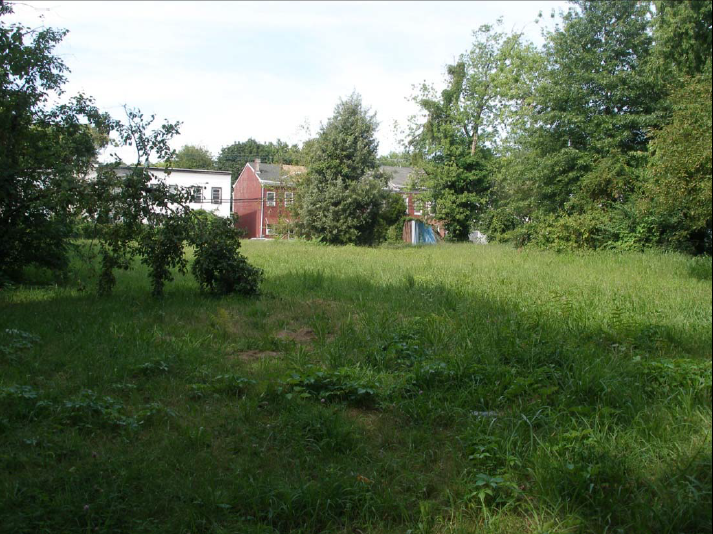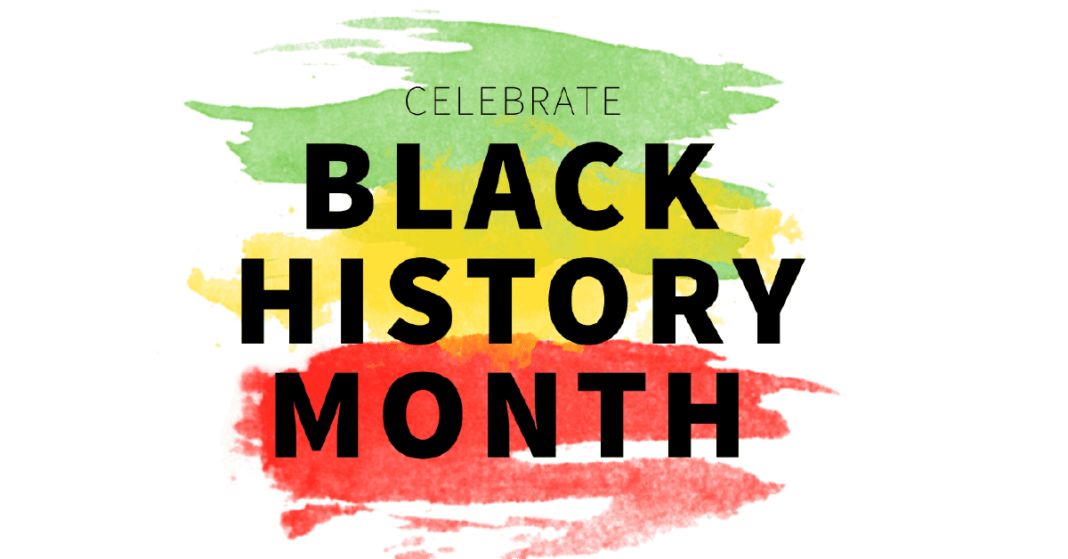Burial grounds are a culturally and socially significant space, holding deeply sacred meanings for civilizations throughout the globe. For millennia, humans have consecrated their dead in a number of ways, assuring that those we have lost are not forgotten to the sands of time. Burial grounds tell a story, both of the individuals interned in their acreage, as well as the story of the community in which they are located. And when we maintain these grounds with the dignity and respect they deserve, we have the opportunity to continue to share these stories for decades to come.
Located in the heart of Trenton is the Locust Hill African Cemetery, a historically significant burial grounds for African Americans from Trenton and the surrounding communities. While this relic of the past was almost lost to neglect, thanks to the hard work and ambition of a number of modern-day advocates, this property is finally being restored to its former glory. Buried within these grounds lies countless stories, each of which share the legacy of an individual who once called our community home. While the story of the Locust Hill African Cemetery is an inspiring one, it is also a cautionary tale of what significant gems of history can be lost if we as a community do not take the care required in order to assure that these sites can withstand the test of time.
Records suggest that Trenton’s first African burial ground dates all the way back to 1779 on Hanover St. Many years later, in 1811, The Religious Society of Free Africans of the City of Trenton assumed responsibility for these grounds. Shortly thereafter, the Society reformed and joined the African Methodist Episcopal. By 1819, the Greater Mount Zion A.M.E. congregation assumed the grounds and continued to utilize the space as a burial ground for membership. After backlash from residents of Hanover Street, however, the congregation was forced to rebury their deceased in a new plot of land across town in East Trenton.
After relocating to the Locust Hill location, records suggest that up to 125 burials took place at the cemetery between 1878 and 1896. Of those buried there, research has revealed the names of 6 African American soldiers who served in the Civil War. In 1884, legislation passed allowing African Americans to be buried in any cemetery in the state. As more options opened up for burial grounds, demand for the Locust Hill African Cemetery lessened, and by the early 1900s, the property was sold to the City of Trenton to be used as a park. The 20th century saw a number of changes to the property, including the establishment of a number of businesses. In 1986, the property was purchased by Elijah and Ethel Wilkin, who owned the property next door, later offering to sell both their home and the property to the City of Trenton. While the City of Trenton did not take them up on this deal, they did ultimately come to acquire the property in 1999.
In recent years, there has been much interest in the restoration and consecration of this land. Inspired by these calls for improvements, the 6th Regiment United States Colored Troops made the decision to sponsor the efforts for the property’s restoration, establishing the Locust Hill African Cemetery and Museum Project. Through their efforts, this non-profit organization has undertaken great efforts to assure that this property remains accessible, honoring and preserving the lives buried there in the process. No doubt a victory for the entire Trenton community, the Locust Hill African Cemetery represents a massive win for the historical and cultural preservation of the Capital City.
As Black History Month comes to a close, we hope this month of reflection on some of Trenton’s great historical figures and happenings has inspired you to cultivate an appreciation of this rich history year-round. There is much to be learned by those who came before us, and by reflecting upon the stories of our predecessors, we are given the opportunity to apply those principles as we forge ahead into the future. As the Locust Hill African Cemetery lives on in Trenton, we owe a great deal of thanks both to those now deceased as well as the modern day heroes who have fought to preserve this landmark for generations to come.
For more information on the Locust Hill African Cemetery and how you can play a part in this site’s restoration, please visit their website, linked here: Locust Hill African Cemetery – Home.






